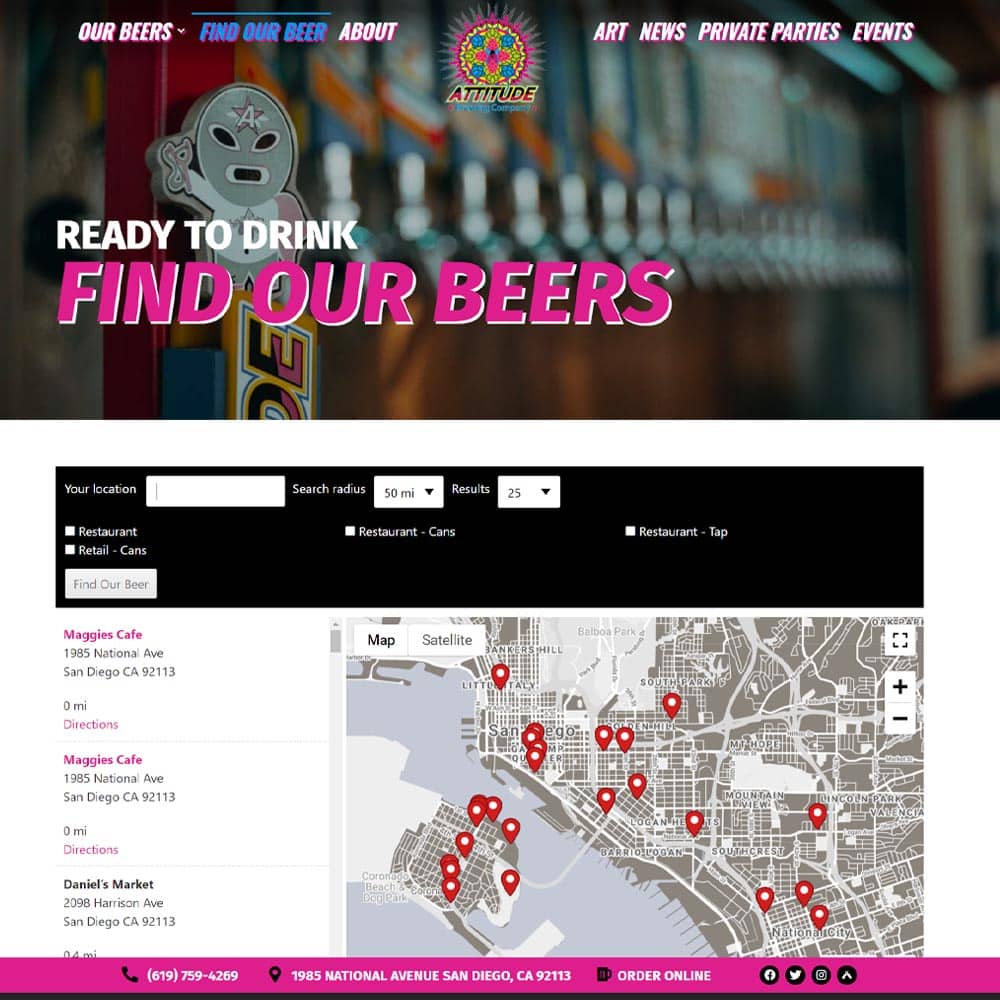Local search optimization doesn’t have to be hard. If you can afford a consultant, great, but you don’t need one to make an impact on the local marketplace. Here are a few tips for improving your local search marketing efforts:
1. Be Easy to Find
A newspaper or classified ad seen by thousands of people in your town doesn’t do you much good if you don’t include your phone number, official website URL, product listings and other details. With things like QR codes, it’s easier than ever to let people find you on the web through local print ads, and of course, you shouldn’t even be wasting time on online local marketing without putting your information out there.
2. Focus on the Important Keywords
Keyword stuffing looks bad and it looks desperate. Give people what they’re looking for with sharp SEO for hyper local marketing, but don’t overwhelm them with keyword stuffing. Focus on important keywords.
3. Establish a Visual Presence
Your corporate logo, pictures of your store and videos can all be a tremendous help in establishing your brand. The web makes it easy to advertise with multimedia, don’t ignore the opportunity. Use the appropriate social media channels to expand your reach and communicate with your customers.
4. Check for False Listings
Browse the local phone book and search listing sites to make sure that your information is correct. Check to make sure that you don’t have the same name as some other store in town, and try to establish a distinctive identity in the local community.
5. Keep People Up to Date
Verify all of your listings and keep them up to date. Your Facebook account is doing you no favors if it still lists your old address and website URL.
6. Coupons and Sales Still Work
Many small business owners get so obsessed with web marketing and new developments in local marketing that they forget that the old tricks are still, sometimes, the best. Don’t neglect coupons, and use the web to get them into more people’s hands.
7. Study Your Analytics
And don’t just study them, do something about them. Pursue the marketing channels that are working, fix or drop the ones that aren’t. Analytics aren’t just there as a status symbol for businesses, they are there to let you know what works and what doesn’t. If you’re not adjusting for the data that analytics produce, then why use them at all? Track, study, research and adjust based on the numbers you’re getting.







